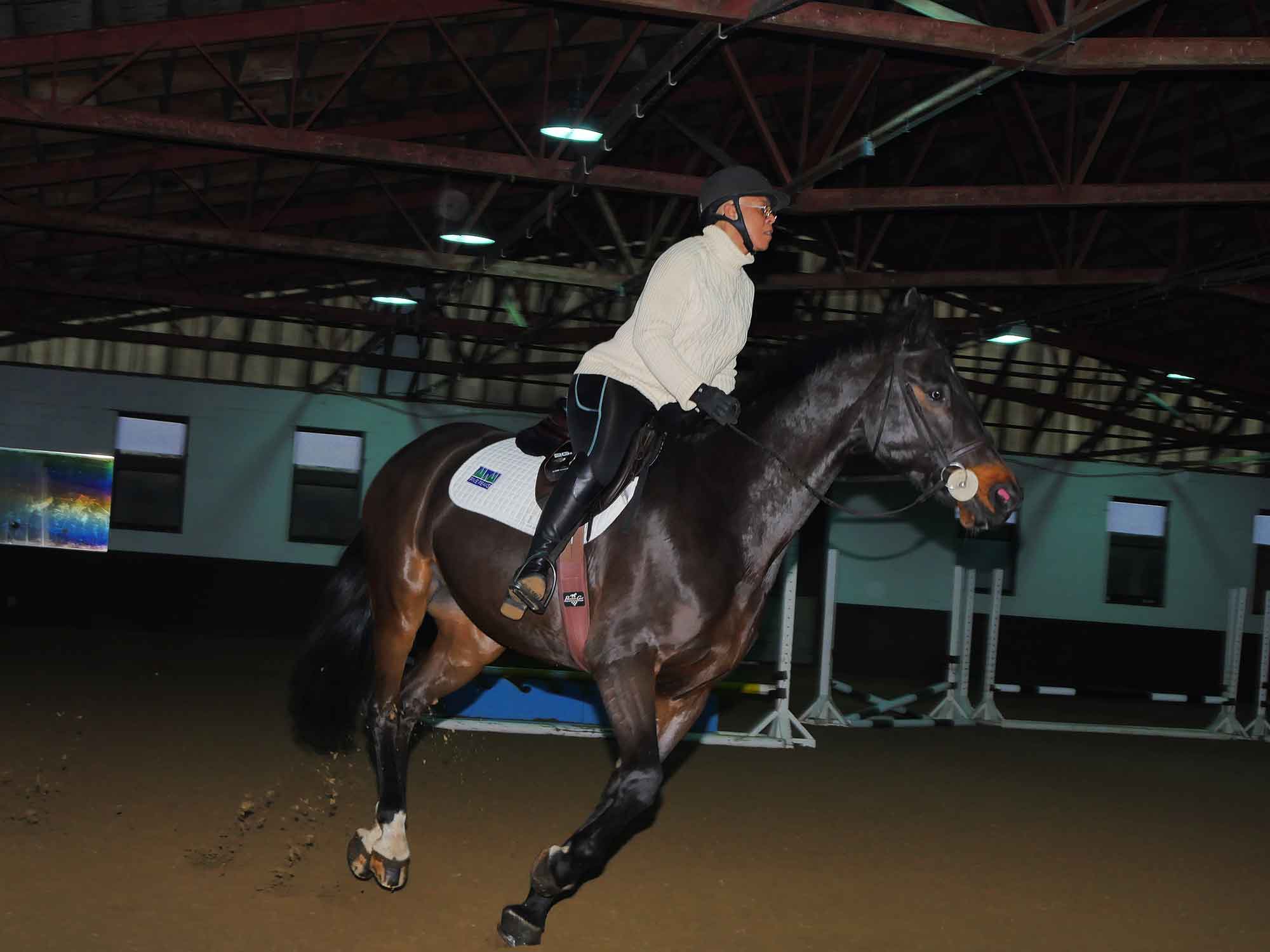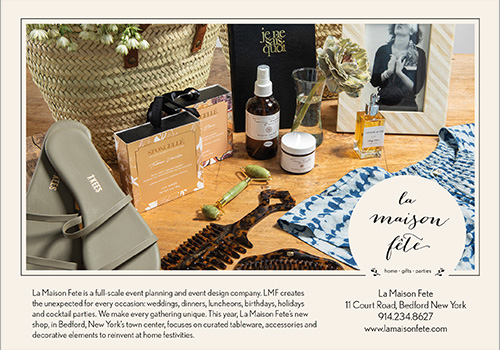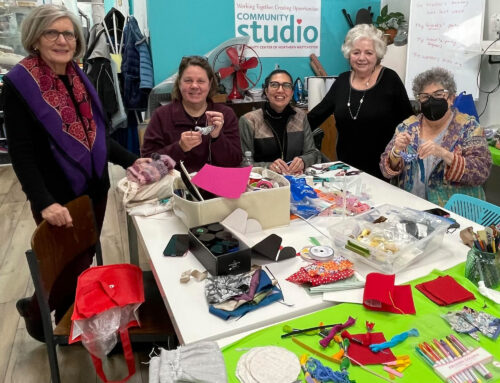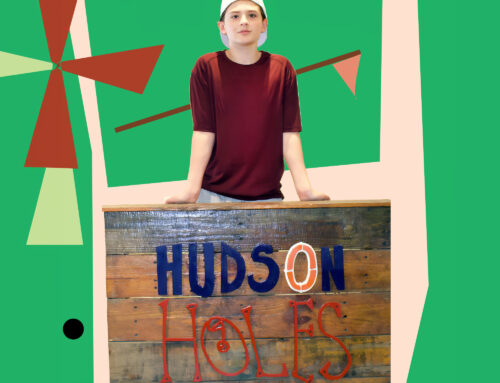Patrece Wells had a bucket list. After her second consecutive diagnosis of breast cancer, and facing a brutal course of treatment she thought she’d never survive, she wanted to learn how to ride a horse.
She was familiar with horses. Growing up in Alabama, there was a plow horse on her family’s farm. His name was Dan, and he pulled the equipment on the land. Although he wasn’t bred for riding, there was always something about that horse that stuck with her.
“I didn’t think I was going to make it,” she says of her prognosis ten years ago. She had multiple major surgeries and several grueling rounds of chemotherapy. “When I was done and I was alive, I wrote the list. It was just like the movie.”
As a congratulatory gift, her son, Antonio, bought her a package of three half-hour riding lessons at Twin Lakes Farm in Bronxville. She had her very first lesson at the age of 42 on a horse called Hershey. Wells was hooked. She had, she says, discovered her life’s passion and an environment where she could completely escape from the outside world.
A stable relationship
Any horse lover will attest that “barn life” can be a bubble where real life, and its stresses and identities, fades away. And for someone like Wells, who works as a New York City police officer focusing on domestic violence and human trafficking, barn life was a much-needed distraction.
Wells, now 52, competes in the jumper division – a competition based on speed and faults (points are given for knocking down a rail, going over the allowed time, falling off, etc. – the lowest score wins). She keeps her horse, El Paso, at a barn called Five Peaks in Bedford, located at Coker Farm. El Paso is an imposing 17.1 hand (in layman’s terms that means huge) Warmblood with a black coat and a white flash across his face. He was, in his youth, a seasoned competitor at the higher levels.
Jumping on horseback – indeed riding at all – is a risky and dangerous sport. A 2021 study that analyzed data from the National Trauma Data Bank found it to be more dangerous than football, skiing and motorbiking. While not impossible, it’s unusual for a rider to start in their 40s and go on to compete. But Wells’ trainer, Missy Wright, wasn’t completely surprised. She describes Wells as a “whirlwind” who “wants to learn more and more all the time.”
“People are drawn to her,” says Wright. “She brings a ton of energy, and she’s a very positive person.”
Over the past seven years, Wells has become a well-known fixture in Westchester showing circles.
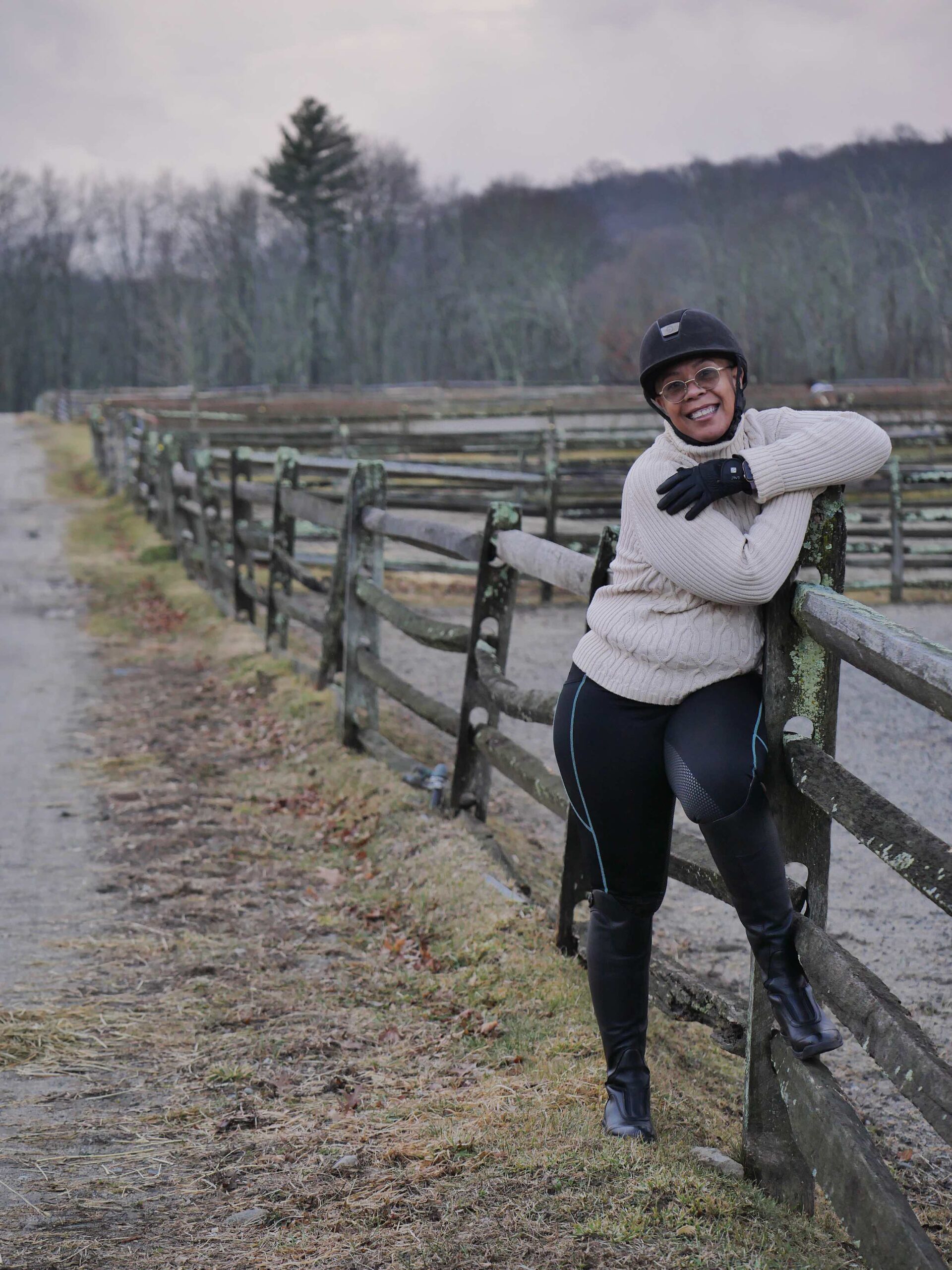
Boots on the ground
In the real world, Wells’ career is also highly dangerous and full of intense highs and lows, but for entirely different reasons.
While she was still in training to become a police officer, her first job was to help secure the area around Ground Zero after the 9/11 terrorist attacks. Not even out of the academy, she and other trainees put up railings and worked the staging area where family members posted pictures of their missing loved ones. It’s an experience she will never forget.
“All I remember doing was just hugging people,” she says. “And I cried with them. I did. As a woman, as a mother, you felt the pain.”
After graduation, she began working as a specialist who focuses on sex crimes, human trafficking and domestic violence, and for the past 15 years, Wells has built a reputation as a domestic violence expert. She currently works at the NYC Family Justice Center: Mayor’s Office to End Domestic Violence and Gender-Based Violence.
“The NYPD has given me a great life, but the job is hard,” she explains. “When somebody walks through that door [at the center], they have reached the bottom. They’re letting you help them. And when you see the children of these families… All I am seeing every day is trauma. But I feel like I’m doing my calling. It fulfills me.”
That’s when her time at the barn becomes most valuable, she says. When she arrives at the barn, her trainer, friends and fellow horse owners know instinctively what she needs, which is often just peace and time alone with El Paso.
“You can always tell with Patrece what kind of day it was,” says Wright. “There are some days where she’s so upset, and you know that’s a day where she’s just going to groom her horse and maybe not try to ride. If something really horrific happened, which seems to happen a lot, you sense it. You can feel it right away.”
“I think if you talk to anybody here, everybody is dealing with some type of trauma,” Wright continues. “The horses are everybody’s therapy, and they’re great readers of your emotions and your energy. Some are much more sensitive than others. So if you’re in a rush, they’re going to sense, ‘Why are you in a rush?’ If you’re calm, they’re going to be calm. They are natural therapists.”
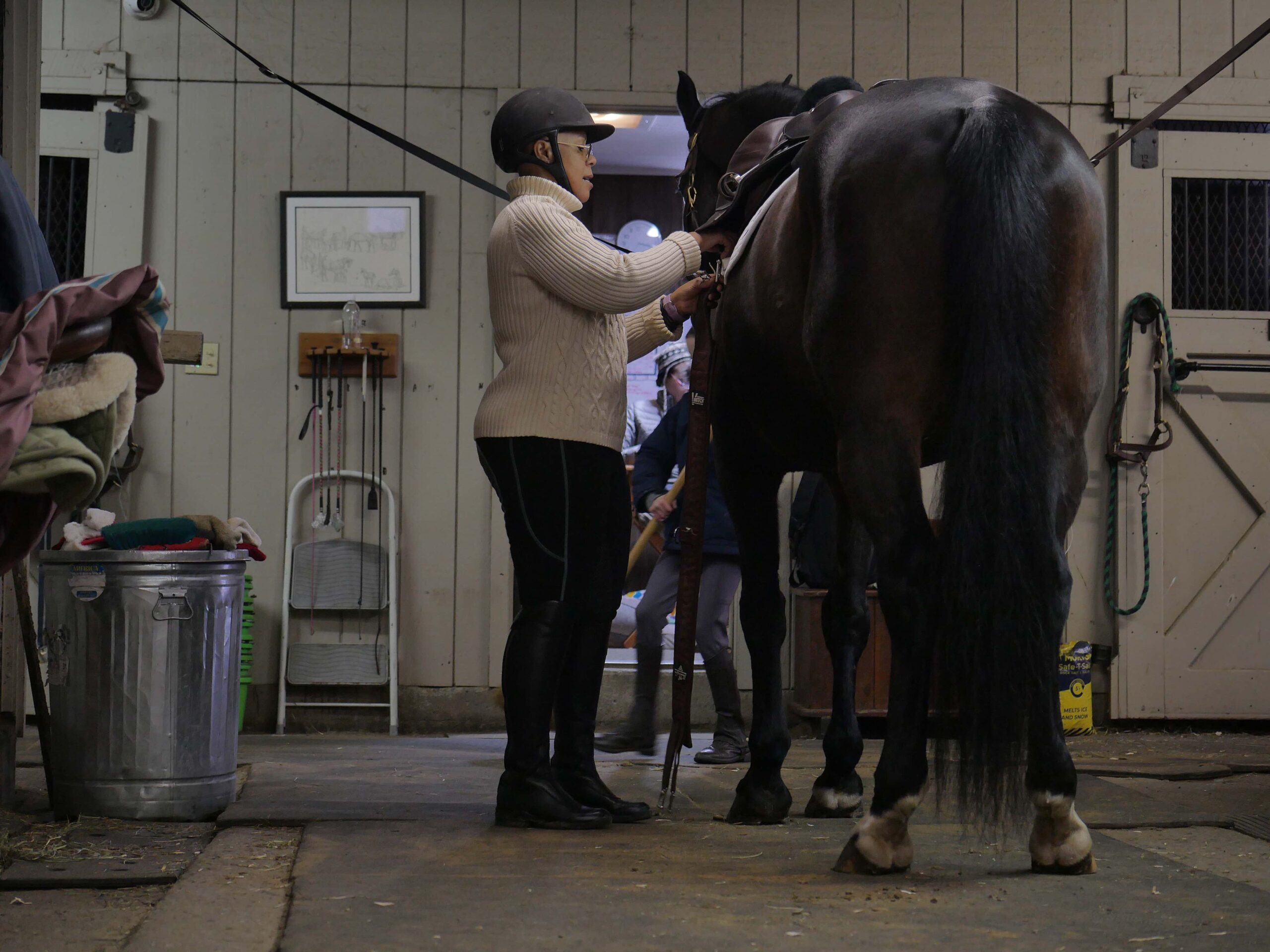
Taking the reins
Wells may be the only law enforcement professional in her local show circuit, she says. She hasn’t met anyone else who does what she does for a living. And she is one of a handful of African American riders who competes in this region. But she has plans to change that. Her nephew Chase, aged eight, is equally passionate about horses and lessons at Five Peaks, so much so that he works at the barn to help fund his riding lessons.
Wells isn’t satisfied with being a minority in this sport. What Tiger Woods did for golf and Serena and Venus Williams did for tennis, Wells hopes to do for horse riding, particularly show jumping.
“I want to be a Serena Williams,” says Wells. “I want to be a Venus. In this world, in this industry, people know me because I’m Black,” she continues. “I can be that token. I don’t care. I want to blow it open. And I want Chase to blow it open. I really want to give him an opportunity.”
“We have to do better as a society,” she continues. “Is it a Black thing? Yes. Is it a minority thing? Yes. But the bottom line is, I think we all have to do better for those who don’t have the means.”
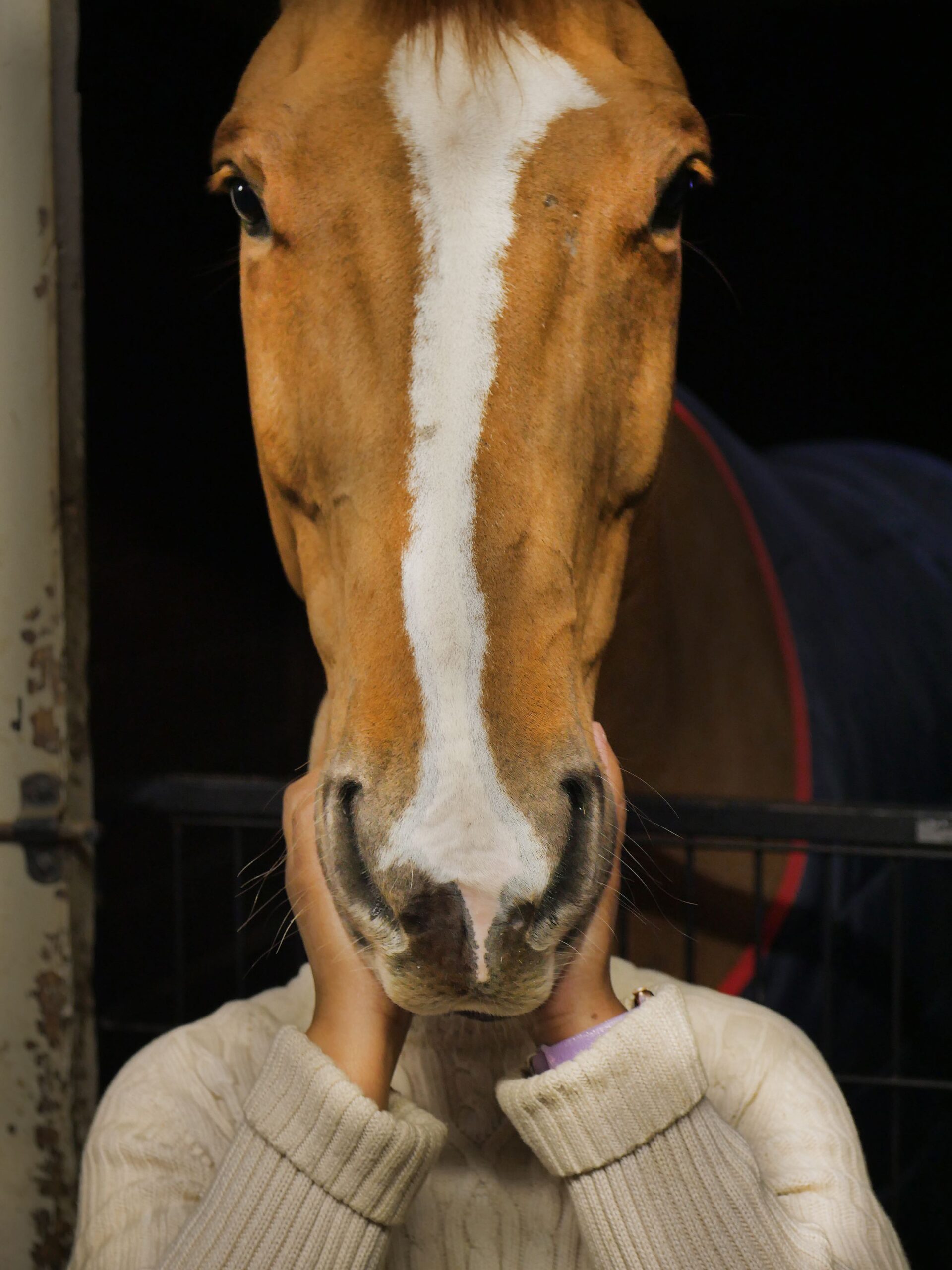
Raising “barn rats”
Two years ago, Wells founded the Aquinor Foundation, which aims to open up the horse world to a more diverse group of potential horse lovers and competitors. The foundation provides affordable horse time and lessons for children from low-income families.
Wells believes barn life offers children a chance to “experience the unique therapeutic benefits and life skills development that are intrinsically learned as part of caring for and working with horses.”
Chase has become the unofficial figure head of this organization. It’s his beaming face that fronts Aquinor’s website, sitting on Jessie, Five Peak’s favored pony.
What Chase learns, and what Wells wants other kids who love horses to learn too, is the all-around skills and knowledge one gains at a barn, specifically, the importance of hard work and how to value money.
“Chase has learned so much,” Wells explains. “He can muck a stall. He washes the feed and water buckets. He cleans the bridles. He understands that this costs a lot of money, and he understands the costs involved when we go to a show. I want to give Chase this opportunity. And I want to give other kids this opportunity. I just want them to be able to let go and come here and enjoy horses.”
Horse purists believe that those parts of barn life – learning how to do the manual labor that comes with all aspects of a working horse farm – are as integral to becoming successful riders as is time in the saddle.
All the children at Five Peaks work hard, learn to respect huge and powerful animals, and are surrounded by riders of all ages. The barn has riders as young as eight and lifelong equestrians who are riding into their eighties. Children learn to socialize with a vast age group, which improves their self-confidence in all facets of life.
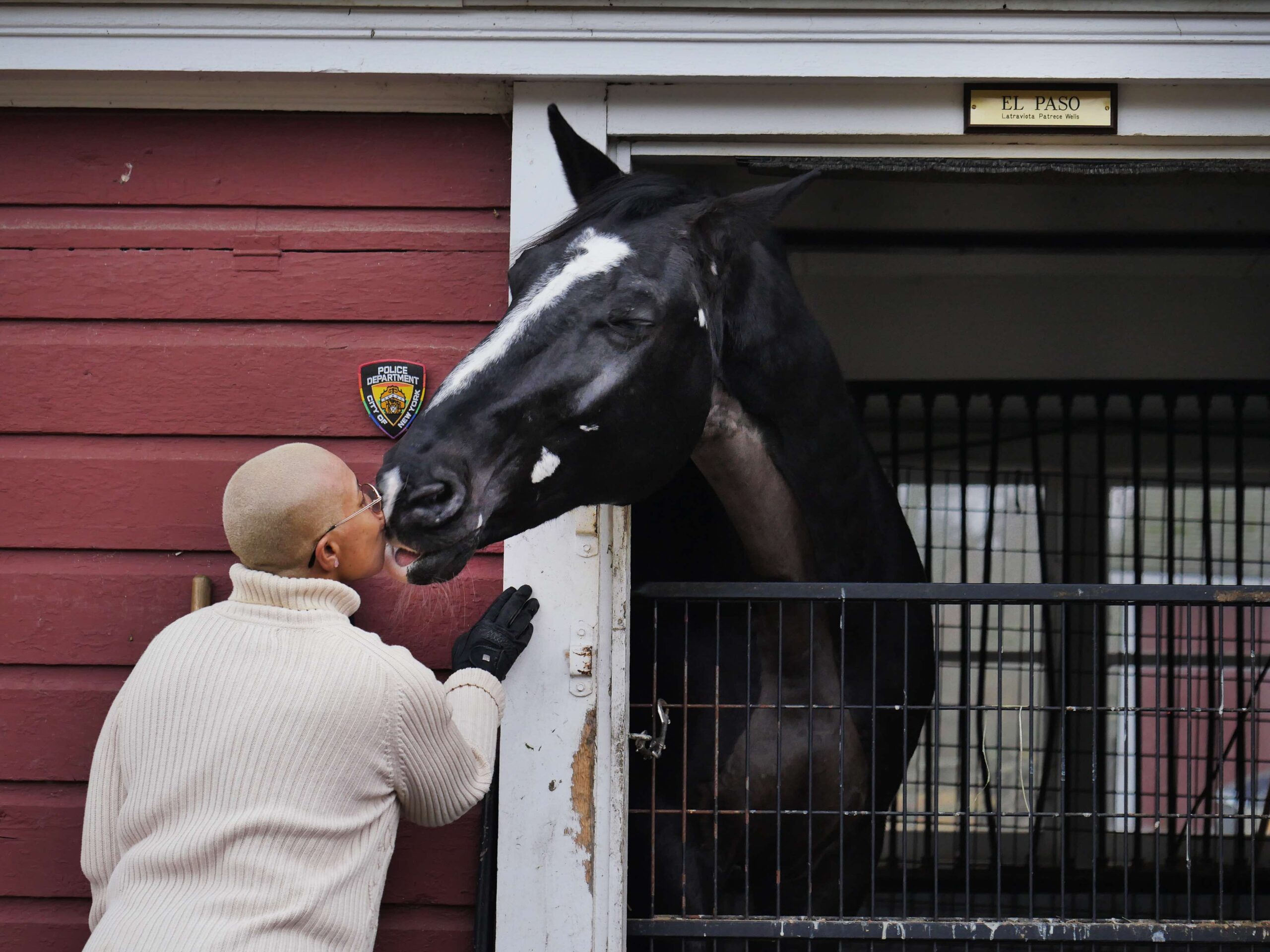
Jumping in
Although Wells enjoys the thrill of jumping and competition, she finds the show scene – where competitors travel to compete – overwhelming, especially since she first experienced it as an adult.
“I felt intimidated sometimes,” she admits. “I still do. When I first started showing, we would go to Vermont. Now everybody knows my name because I’m one of the only African Americans there. Maybe there are five of us, at the most.”
Donna Nelson has been riding and showing with Wells for six years and keeps her horse Hanalei in Bedford. She is also part of Wells’ Aquinor team of advisors. Nelson says that it’s Patrece’s inclusive nature that has made her one of the most beloved riders on the local show circuit.
“In this world of riding, most people gravitate toward her – she has that presence about her,” she says.“She is the fairy godmother at shows to all of us. She is unfailingly happy, and she is unfailingly positive.”
“Her magnetism is there, it’s real,” Nelson continues. “In a world where it is important to conform, Patrece is okay not having to conform and being open about being excited. It’s who she is, and it makes people feel good. I love being around Patrece – especially at horse shows.”
But even with, or perhaps because of, her early nervousness entering the show world, she’s confident that creating a more diverse community will benefit everyone.
“Horses changed my life, and that’s where the passion came in,” Wells explains.
It is the peace and the sense of escape she’s gained that Wells hopes Aquinor will provide to kids of all backgrounds.
“I wish I’d known,” she says. “I didn’t have this in my life until later, and it would’ve made a difference. I know how horses changed my life. And I know horses can change other people’s lives. I started the foundation so I can teach other people the value of horses.”
This article was published in the March/April 2023 print edition of Katonah Connect.

Melissa Whitworth
Melissa Whitworth is a freelance British feature writer living in Bedford. She started her journalism career in 1999 at The Times of London on the arts desk before moving to Harper’s Bazaar. She spent over a decade with The Daily Telegraph in the paper’s New York bureau and has freelanced widely.


